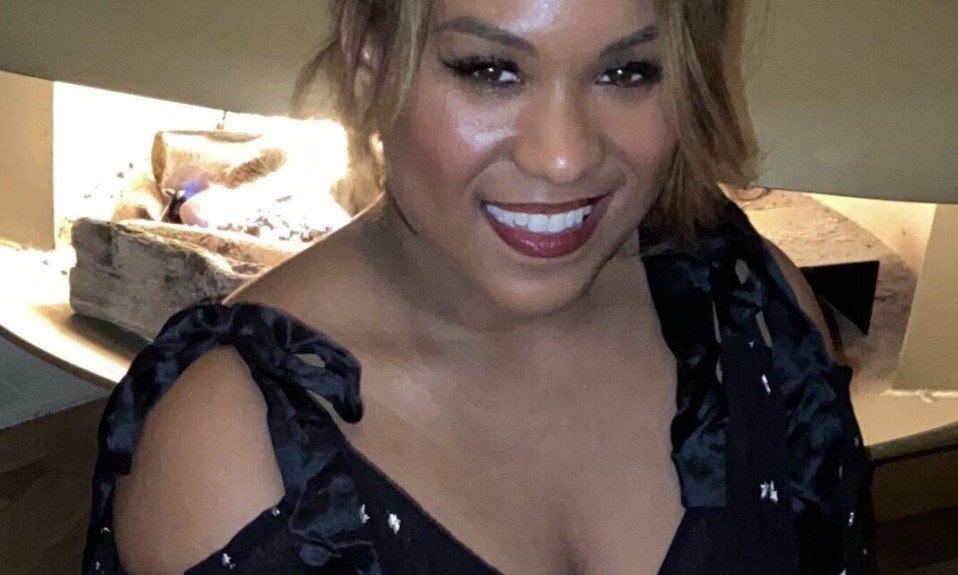Answer these questions to help point you toward the best course of action for your needs, substance misuse and recovery goals
By William Wagner
The key to successful addiction treatment is identifying your unique needs, experts advise. TreatmentMagazine.com’s six-part How to Find a Treatment Center resource guide also includes this assessment, designed to help you, your family and loved ones—as self-reflection or in consultation with a therapist or treatment expert, if you wish—to start identifying the best choice for a treatment program and approach that works for you and your unique needs.
Inpatient vs. Outpatient
Inpatient, or residential treatment, is a more immersive and intense form of care than outpatient therapy. The choice between inpatient and outpatient often comes down to whether the person suffering from addiction requires 24/7 support and supervision.
Questions to ask:
1. Is the substance you are using particularly lethal, like heroin or fentanyl?
2. Are you unable to live at home during treatment because your substance abuse has overwhelmed your support system of family and friends?
3. Are your issues multifaceted, involving a mental health disorder in addition to substance abuse?
If you answered YES to one or more of these questions, start looking at inpatient facilities
If you answered mostly NO, consider outpatient facilities.
Type of Treatment Approach
Although 12-step facilitation therapy is still the most widely used treatment approach, there are now many alternatives. Among the most prominent is cognitive behavioral therapy (CBT), an evidence-based approach that builds up strategies for overcoming cravings.
Questions to ask yourself:
1. Do you have difficulty controlling your thoughts and emotions?
2. Are your beliefs more secular than religious based?
3. Did you experience a severe trauma at some point in your life?
If you answered YES to one or more of these questions, investigate CBT programs.
If you answered mostly NO, explore another approach, like 12-step facilitation therapy, such as the Hazelden Betty Ford Foundation, one of the most established.
Near vs. Far From Home
There are around 15,000 addiction treatment centers throughout the United States, according to many sources. For some people, it’s imperative to get far away from a toxic local environment; other people’s needs are met close to home.
Questions to ask yourself:
1. Is money a constraint for you and your family?
2. Is your local support system of friends and family strong?
3. Are you better able to take on your problems in the comfort of a familiar setting?
If you answered YES to one or more of these questions, search for a treatment center close to home. If you answered mostly NO, feel free to explore wider options.
Paying for Treatment
Whether it’s inpatient or outpatient, addiction treatment is expensive. As a result, most people’s choices are dictated by insurance.
Questions to ask yourself:
1. Are you without insurance?
2. Even if you currently have insurance, are you going through a period of severe economic insecurity?
3. Are you unable to afford your insurance deductible?
If you answered YES to one or more of these questions, look for a reduced-cost or no-fee facility. If you answered mostly NO, be sure to ask specific questions of the staff about payment and insurance when you consider a wider range of centers.
What to Do About Aftercare
Finishing treatment is only the first step in recovery. Depending on your situation, you might require a vigorous aftercare situation. Keep in mind that telehealth appointments and virtual support meetings offer increased accessibility and support options, according to your preferences and needs.
Questions to ask yourself:
1. Are you lacking a strong support system of family and friends?
2. Are you anxious about the temptations awaiting you following treatment?
3. Do you fare better in a structured environment?
If you answered YES to one or more of these questions, prioritize locating a treatment center that can set you up with a robust aftercare program.
If you or someone you love is in need of treatment for substance abuse, our six-part How to Find a Treatment Center resource guide provides insider tips and an overview of how to get started. You’ll find primers on insurance options, treatment therapy approaches, stages of recovery in the first year and expert tips for successful recovery.
Photo: Kostas Papaioannou














